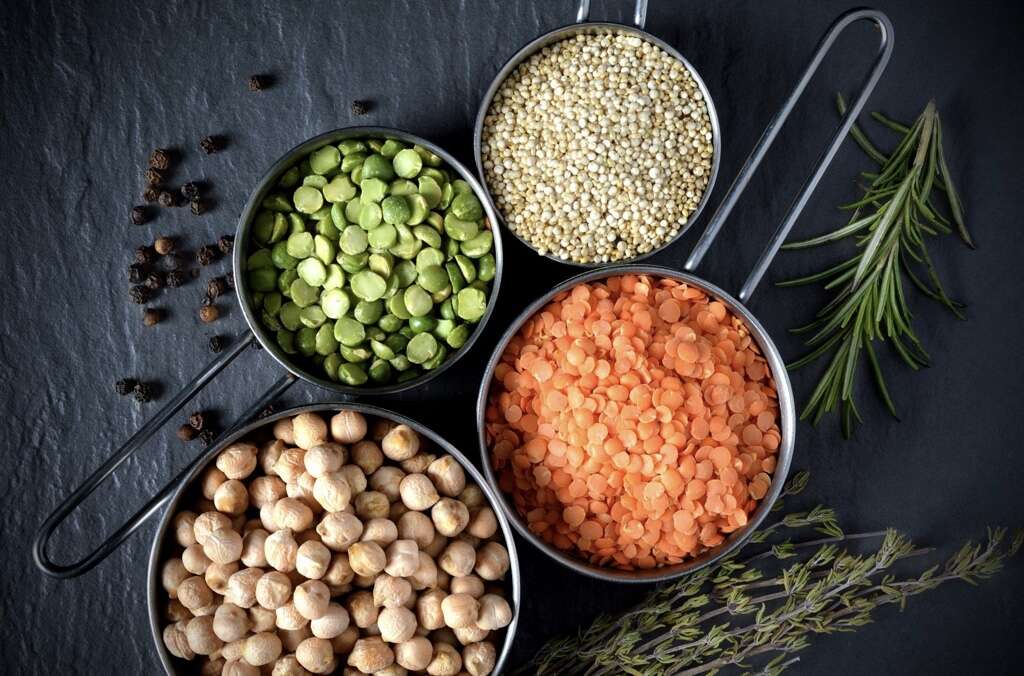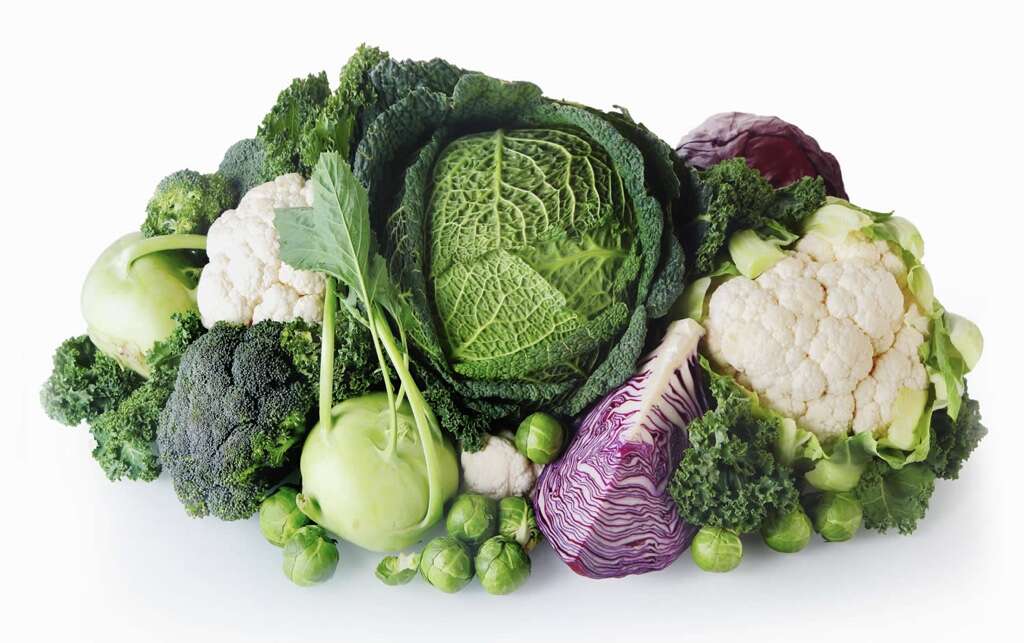10 Common Causes of Flatulence
Flatulence is a common problem that affects all of us at some point. It can be uncomfortable, embarrassing, and can make it difficult for some people to operate socially. It’s normal to experience a degree of gas during the day. This gas should always be passed naturally, so that it’s not forcibly held in the body. This can cause unpleasant side effects and can contribute to bloating and indigestion.
Problems don’t tend to emerge unless a person has chronic and consistent flatulence. The gas passed is often high in volume and can have unpleasant odors. In this case, it’s not always practical for someone to pass gas immediately —especially for someone who spends most of their time in an area where there are many people.
One of the best things that you can do in this case is to try to figure out the cause of your excessive flatulence so that you can fix the problem. As mentioned, passing a small amount of gas daily is fine, but when you constantly feel the need to pass gas and feel bloated as a result, this can be an indication of a more serious problem. Below are some of the most common causes of flatulence.

Cause #1: Eating Beans and Lentils
Beans are well-known for promoting gas. However, they don’t cause gas in everyone, and they don’t necessarily cause it if they are properly prepared. Also, note that there are some medical conditions (i.e. IBS) that can make people especially sensitive to the effects of certain carbohydrates.
Legumes are high in a group of carbohydrates, known as oligosaccharides. They are particularly high in oligos known as galactooligosaccharides (GOS) and fructans, which are poorly digested or sometimes not digested at all. When these undigested foods reach the colon, they are broken down by the gut bacteria causing gas. However, oligos are water-soluble, which means that cooking and processing methods can alter their content in these foods, preventing flatulence in many people. For example, canned beans are lower in oligos than regular cooked beans. Additionally, if you cook legumes in water, strain them, and discard the remaining liquid you will also achieve a similar effect. Finally, sprouting beans can also lower their content of oligos.
Remember that you should not restrict a food group from your diet unless your dietitian recommends it. If you can digest legumes perfectly, be sure to enjoy them because they are a great source of protein, fiber, and antioxidants (phytochemicals).

Cause #2: Eating Disorders
There are a number of reasons why eating disorders can contribute to flatulence, along with other gastrointestinal (GI) symptoms.
For example, in eating disorders, the muscles of the small intestine and the colon can begin to waste away (atrophy) because they are not regularly being used. This can cause food to take longer to move through our gastrointestinal tract, causing bloating and flatulence. Also, chronic food restriction can decrease the endocrine signaling for the production of digestive enzymes and hormones, slowing the process even more. Frequent vomiting, laxative abuse, irregular food intake, and a diet low in fiber/ water can hinder bowel function as well. Furthermore, in patients with eating disorders, the GI system becomes somewhat inefficient. This makes the process of recovery challenging for people with eating disorders since they can experience substantial gastrointestinal distress with renourishment.

Cause #3: Irritable Bowel Syndrome
Surprisingly, it is estimated that Irritable bowel syndrome (IBS) affects as many as one in seven people worldwide. IBS is a GI condition that’s marked by several symptoms including altered bowel habits (frequent constipation or/and diarrhea), bloating, flatulence, and abdominal pain. The causes of IBS are complex and most causal mechanisms remain unproven.
Physicians may sometimes struggle to diagnose IBS. This is because IBS involves many unspecific symptoms that can be confused with other conditions. If you believe that you might have IBS, do not self-diagnose. You must seek the help of a health professional (gastroenterologist or registered dietitian) to confirm the diagnosis and rule out other diseases. Finally, IBS doesn’t have a permanent cure. However, psychological therapy and certain dietary measures have been proven to be effective for managing symptoms.

Cause #4: Lactose Intolerance
People with lactose intolerance have low levels of an enzyme, known as lactase, in charge of digesting lactose into its most basic components (glucose and galactose). This enzyme is usually located in the small intestine (duodenum), and it hydrolyzes (breaks down) lactose in order to facilitate its absorption by the gut. If lactose is not absorbed by the mucosa, it causes fluid secretion into the gut. This distends the intestine and speeds up intestinal transit, increasing the likeliness of poor lactose digestion. Also, in the large intestine, bacteria break down the unabsorbed lactose and generate hydrogen gas. The combination of these factors will be responsible for the gastrointestinal distress observed in people who struggle with lactose intolerance.
As mentioned, people with lactose intolerance will likely experience many gastrointestinal symptoms if they eat food containing dairy. This can happen even without intention—something as simple as eating the wrong pastry at a bakery can introduce dairy into the body. Some symptoms of lactose intolerance include nausea, diarrhea, bloating, flatulence, and abdominal pain.

Cause #5: Eating Cruciferous Vegetables
Cruciferous vegetables may be among the healthiest vegetables on the planet, but they’re not without their downsides. Many of the cruciferous vegetables are known for contributing to gas, and eating them excessively can lead to flatulence. Some of the vegetables that are included in the cruciferous family are cabbage, cauliflower, broccoli, and bok choy.
The veggies from this family can induce flatulence in some people because they are high in soluble fiber and raffinose. The former has the capacity of dissolving into water and forming a gel that slows the passage of food through the gut. This allows for intestinal bacteria to break down soluble fiber, and produce gas in the process. The latter, raffinose, is an indigestible sugar that can also feed methane-producing bacteria in the large intestine, causing flatulence. Moreover, broccoli (stalks) contains high quantities of a simple sugar, known as fructose, that can also induce flatulence in susceptible individuals (i.e. patients with IBS). Similarly, cauliflower also contains natural polyols (sugar alcohols) that can also increase symptoms in sensitive people.
If you don’t have a medical condition that restricts these veggies from your diet, one of the best ways to decrease the side effects of these nutrient-dense superfoods, while still experiencing their benefits, is to eat them in lower quantities or only a few times a week.

Cause #6: Eating Foods High in Polyols
Polyols are sugar alcohols that can be either manmade and added as a sweetener to foods, or they can also occur naturally in certain fruits or vegetables. Common polyols in foods are sorbitol, maltitol, mannitol, xylitol, isomalt, and lactitol. For example, sorbitol can be found in artificial sweeteners or, naturally, in apples, avocado, peaches, and pears.
Polyols can be partly absorbed by our gut; however, this will largely depend on the individual and the type of polyol ingested. When polyols are not absorbed, our intestinal bacteria ferment the sugar in them. This can cause gastrointestinal symptoms, including bloating and flatulence. Furthermore, excessive consumption of foods that contain polyols can draw fluids into the colon and accelerate intestinal transit. This can have a laxative effect in susceptible individuals by triggering bowel movements.

Cause #7: Small Intestinal Bacterial Overgrowth
Small intestinal bacterial overgrowth, or SIBO, is a condition in which the bacteria that are present in the lower intestine make their way into the small intestine, increasing the overall bacterial population in the latter. These excessive bacteria can interfere with the absorption of nutrients in this region. Moreover, the increased breakdown products of bacterial digestion can cause a whole host of symptoms such as abdominal pain, flatulence, bloating, diarrhea, or constipation. In severe cases, malnutrition can lead to unintentional weight loss.
The bacterial imbalance in SIBO is most frequently caused by conditions or treatments that alter the normal movement of the intestine. Examples of possible risk factors for SIBO include diverticulosis, previous gastrointestinal surgeries, amyloidosis, diabetes, lupus, medications (i.e. frequent antibiotic use), and immunodeficiencies (i.e. HIV).

Cause #8: Eating or Drinking Too Quickly
It’s important not to gobble your food down or chug your drinks too quickly. Digestion starts in the mouth because by chewing our food we divide it into more manageable portions. This increases the surface area for enzymes on our saliva (i.e. amylase, lipase) and in the rest of the digestive tract to act upon.
If you chew your food too quickly, the time for these processes is reduced and intestinal absorption of these foods will be slower. As a consequence, the undigested food that reaches the colon will be processed by the gut bacteria, possibly leading to the production of gases that cause flatulence and bloating. Additionally, when you eat too quickly you are more likely to swallow air, which can cause similar symptoms.

Cause #9: Swallowing Air
There are a number of things that can cause someone to swallow an excess amount of air. Things like smoking, chewing gum, drinking carbonated beverages, or not chewing your food properly can all introduce an excessive amount of air into your gastrointestinal tract.
This air needs to be passed one way or another, so it’s usually passed in the form of belching or passing gas.

Cause #10: Celiac Disease
Celiac disease is a chronic condition in which people are unable to tolerate gliadin (a part of the gluten molecule). It is the result of immunological responses to gliadin and genetics. Specifically, as a response to gluten, immune cells known as T cells, mediate damage, and inflammation in the intestinal mucosa. Consequently, the absorptive border of the intestine, the villi, are affected. This can lead to problems with food digestion and absorption.
People with these sensitivities are prone to experiencing unwanted gastrointestinal side effects like flatulence, diarrhea, weight loss, and abdominal pain if they consume it.












